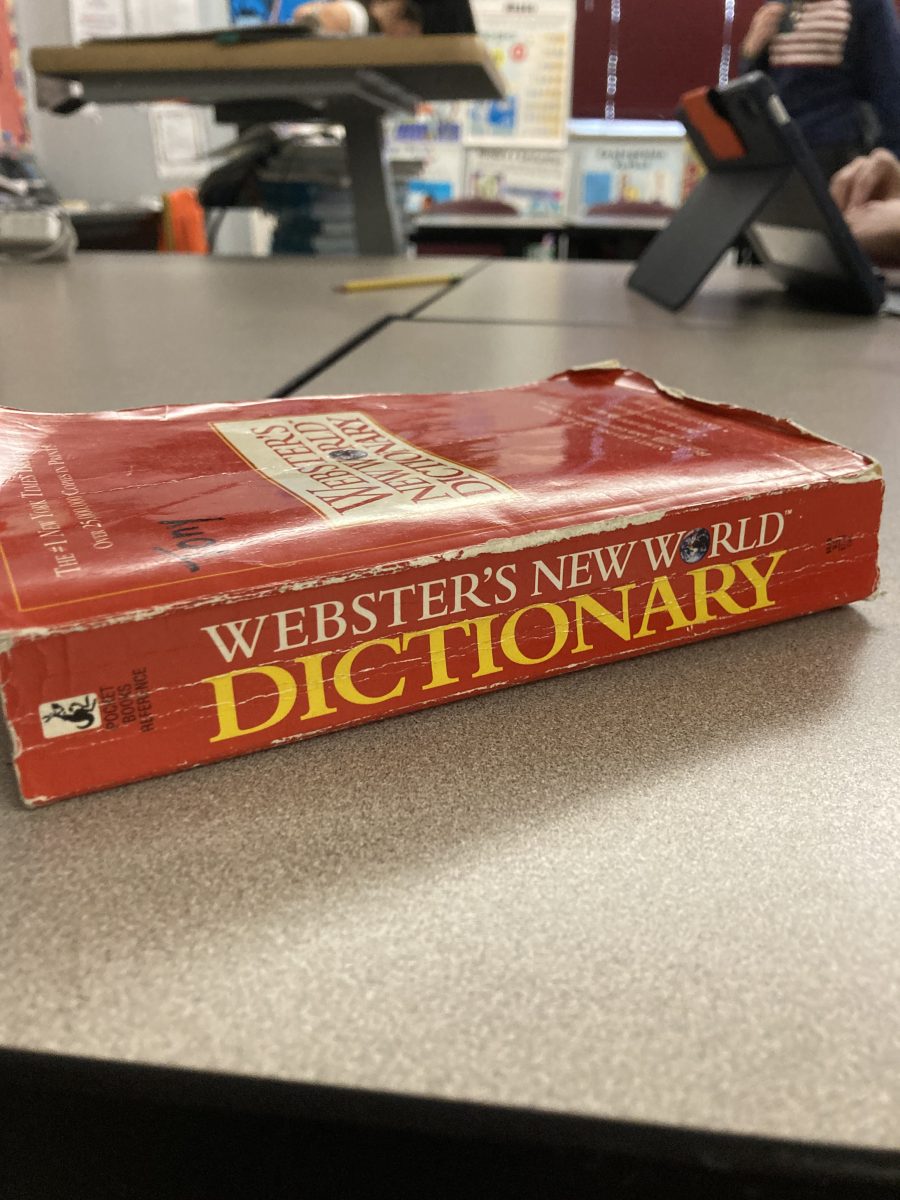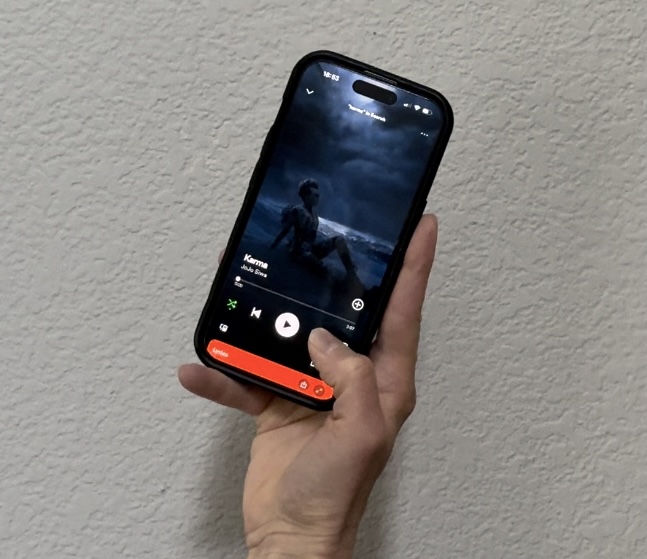Jojo Siwa. A name most people could recognize, associated with bowties and other children’s hair products in places like Target or Walmart around the United States. Younger people might know her vaguely as an entertainer online, but recently Jojo Siwa has hit the news once again after releasing her new song “Karma,” and not in a good way.
For years, Siwa’s content has been focused mostly toward children, as her career started at just nine years old after she gained popularity from the reality TV show, “Dance Moms” in 2011. Recently, in an attempt to move on from her childhood star-dom, Siwa made a post stating: “The following content is not made for children.”
What people are calling Siwa’s “baddie” era debuted with her new song “Karma,” accompanied by a drastic change in appearance to darker make-up and more revealing or “sexy” clothing, and rather questionable dancing. Its lyrical content differs dramatically from other songs she’s been a part of, holding a more serious stance rather than the superficial songs from her childhood as well as including curse words (or, almost curse words, in some cases).
With this new lyrical content, the song “Karma” has been facing a lot of scrutiny, as it supposedly addresses her past and relationships with ex-partners, whom she allegedly cheated on. However, there are a lot of clues that point to Siwa not being responsible for the lyrical content of the song. On Spotify, the credits under the song list other people like Antonina Armato, Tim James, and Desmond Child as contributors to the songwriting. Along with this, it is rumored that the song wasn’t even made by Siwa and her team, but stolen from another artist altogether called Brit Smith, written in 2012.
Brit Smith’s release of the song has a lot of the instrumental that Siwa’s release lacks; however, that doesn’t change the fact that the lyrics are quite bland. It’s more of an enjoyable listen regarding the sound of the Smith’s version, with more synths rather than just drums as heard in Siwa’s version. Despite this, both versions feel like nothing special, something everyone’s heard before with bland instrumentals and shallow lyrics.
This drama has ironically boosted Smith’s version of the song much more than Siwa’s, who has only gotten even more criticism since it came out that she stole the song. Despite the attention, both lack quality and even the catchy chorus sounds similar to any cheap pop song.
All in all, the song is fine, though littered with a lot of drama regarding Jojo Siwa and her decision to steal an average song that resurfaced controversies with exes and deepened the negative connotation associated with her.


















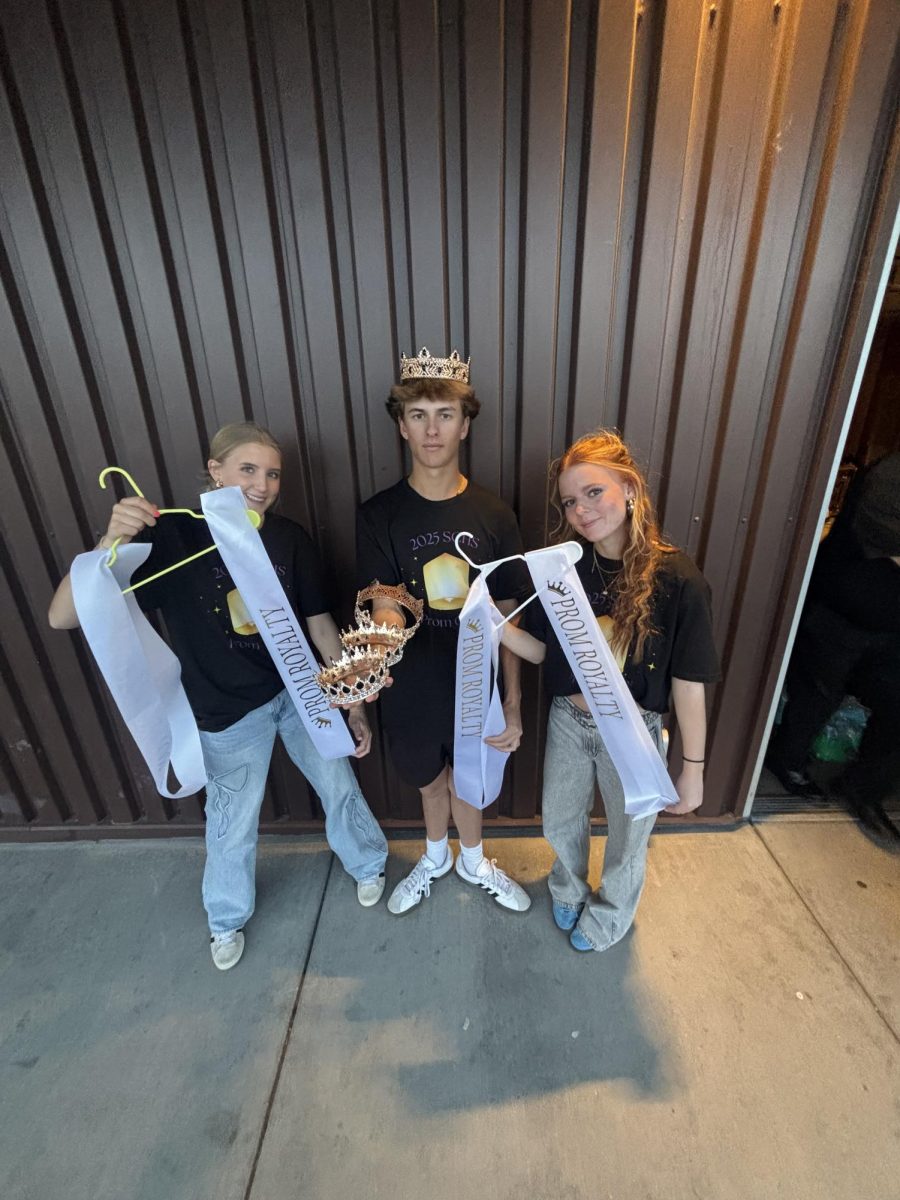

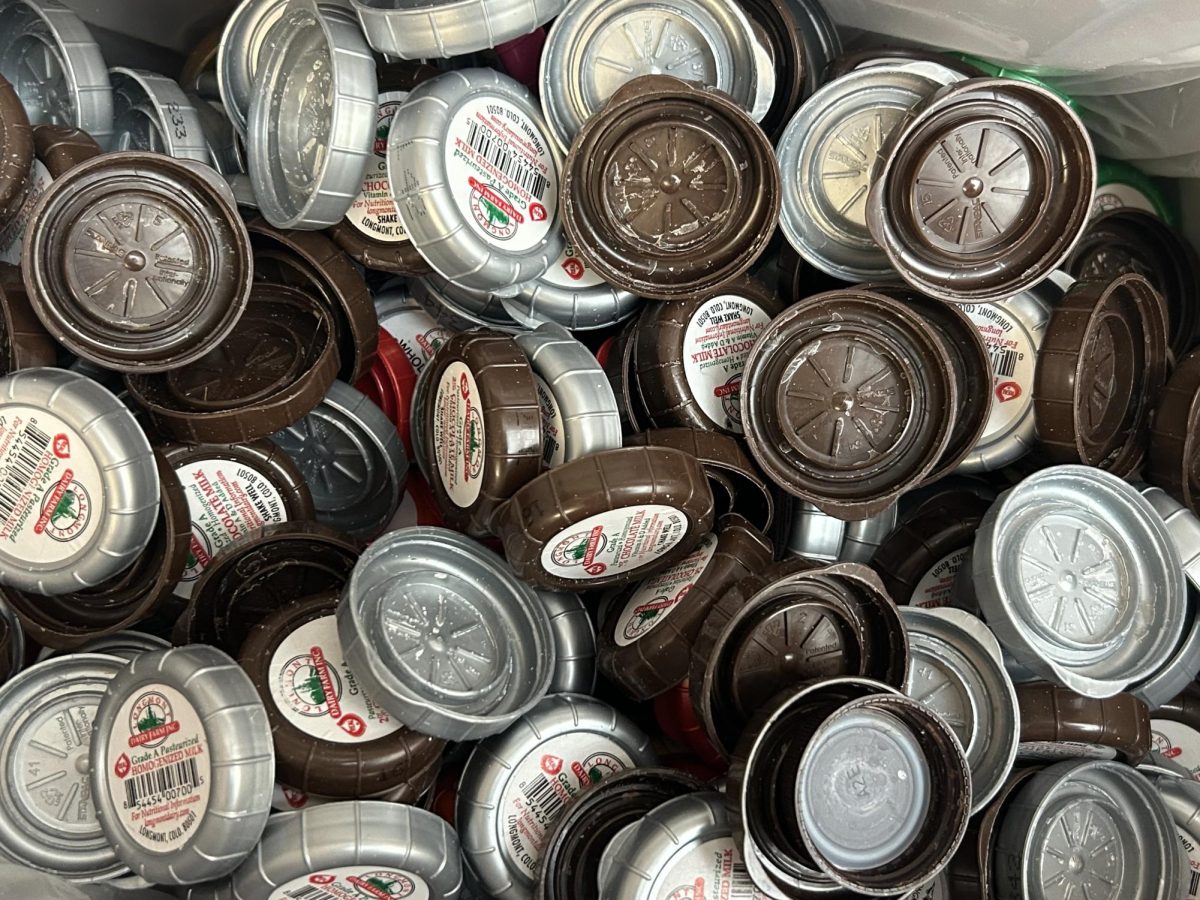

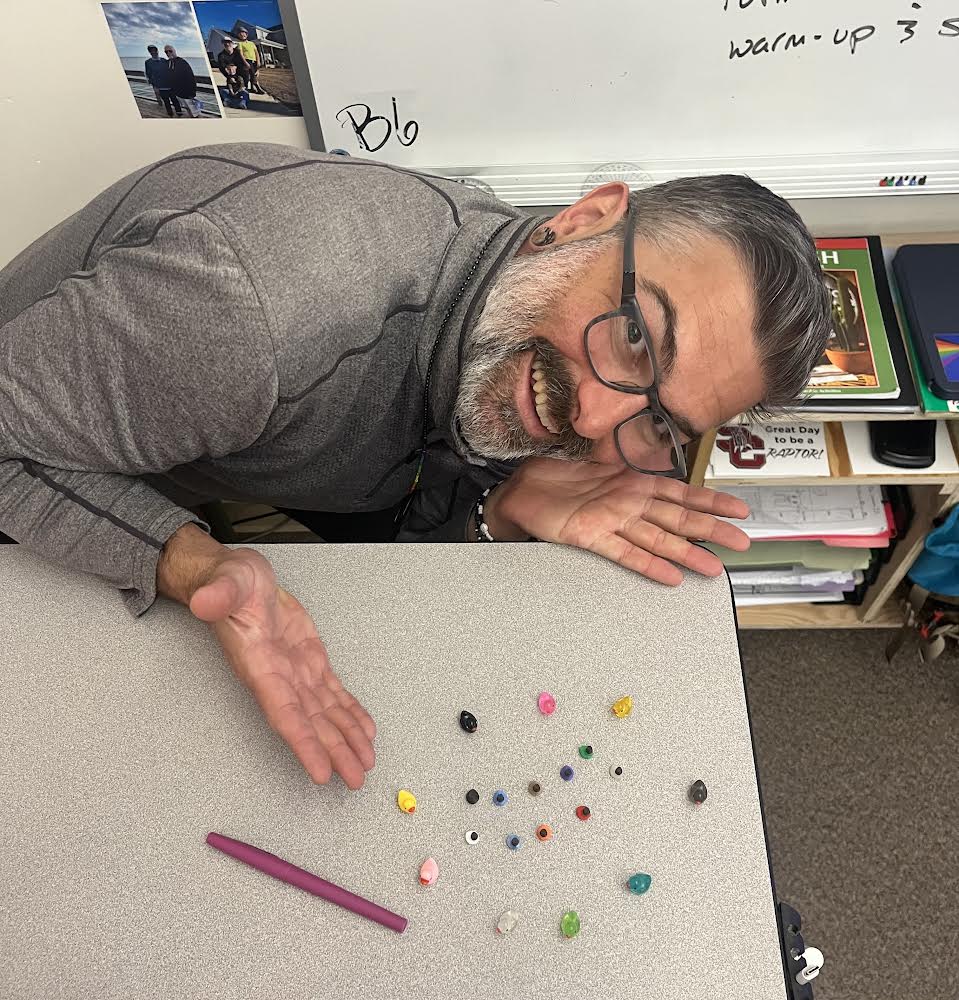
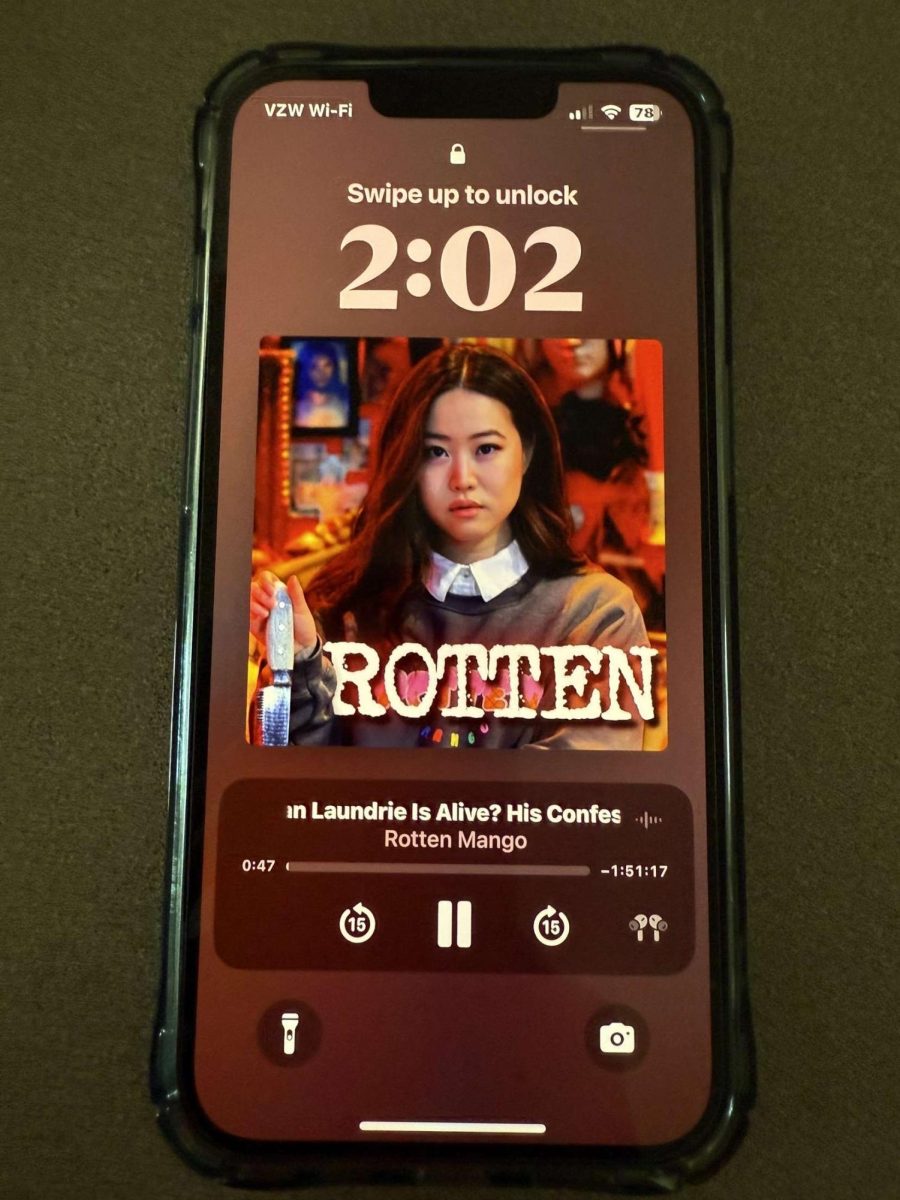


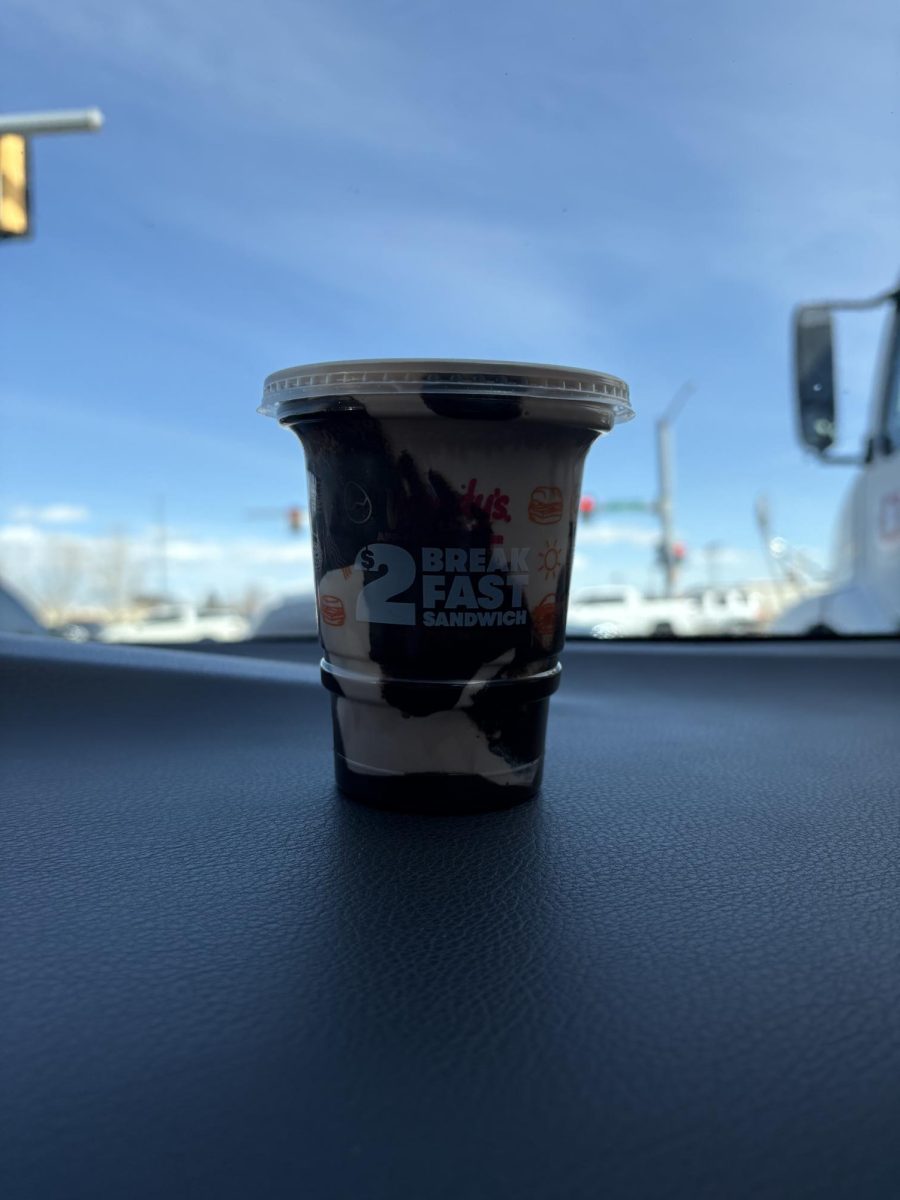


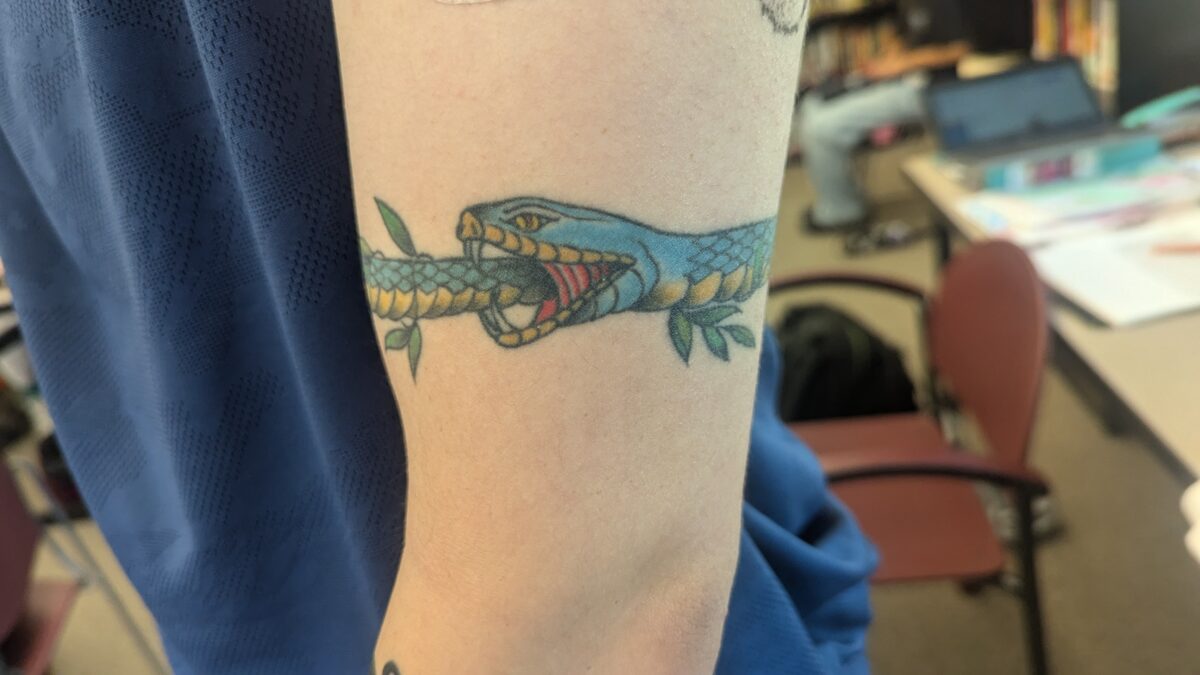





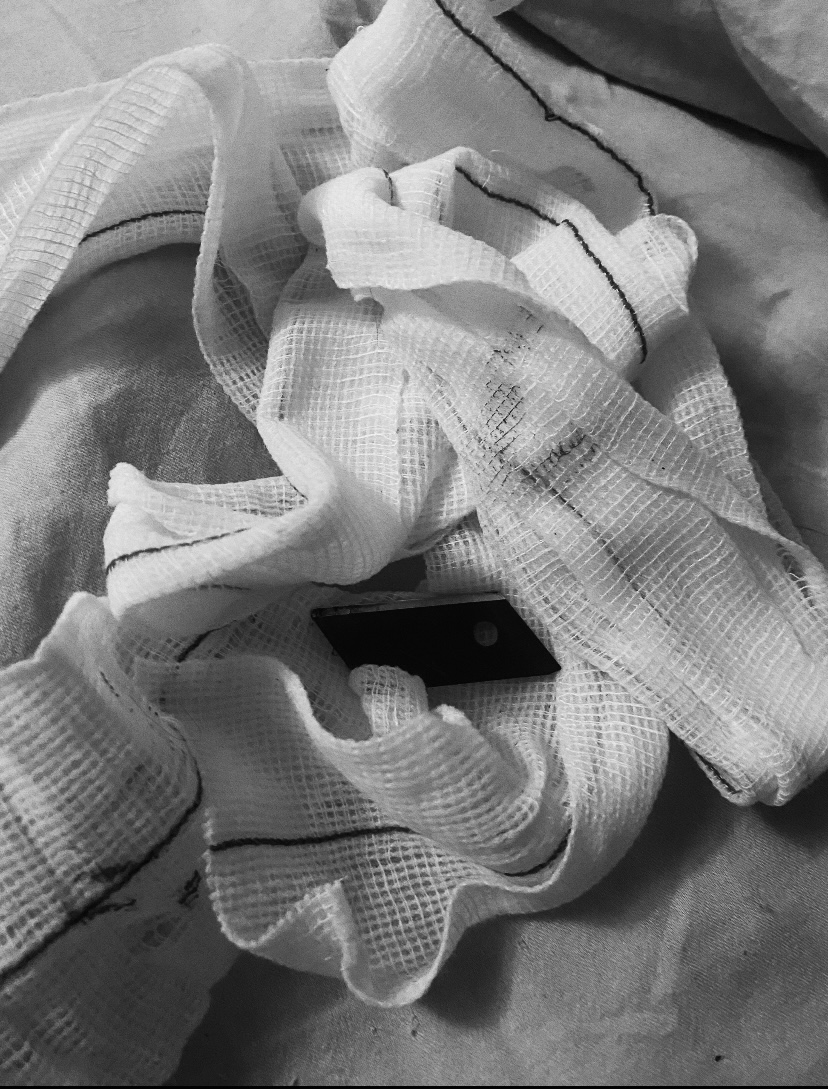



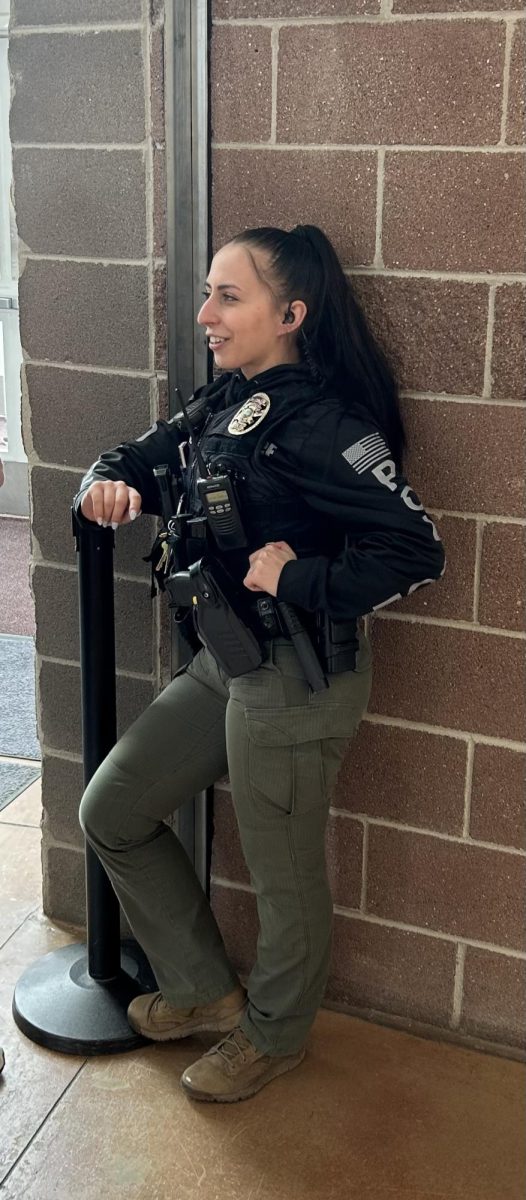



![Hosting the SCLA Casptone Mentor Dinner outside allowed for more attendees on September 27, 2021 at Silver Creek. This event would’ve usually been held inside. According to Lauren Kohn, a SCLA 12 teacher, “If we have a higher number of people, as long as we can host the event outside, then that seems to be keeping every[one] safe”.](https://schsnews.org/wp-content/uploads/2021/11/sxMAIGbSYGodZkqmrvTi5YWcJ1ssWA08ApkeMLpp-900x675.jpeg)





